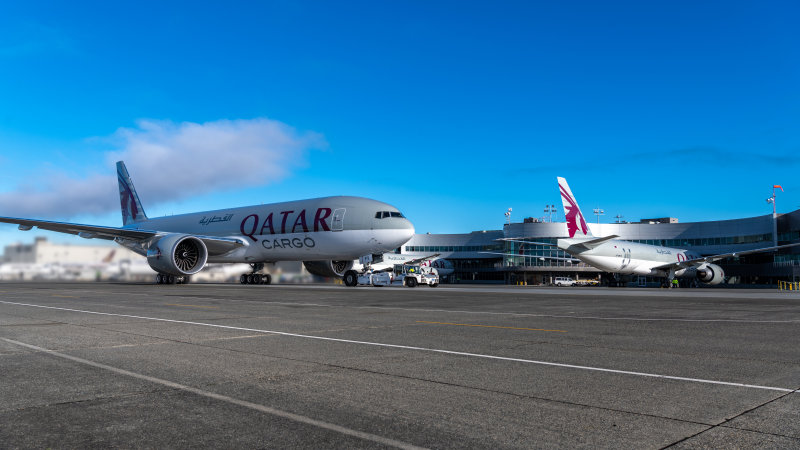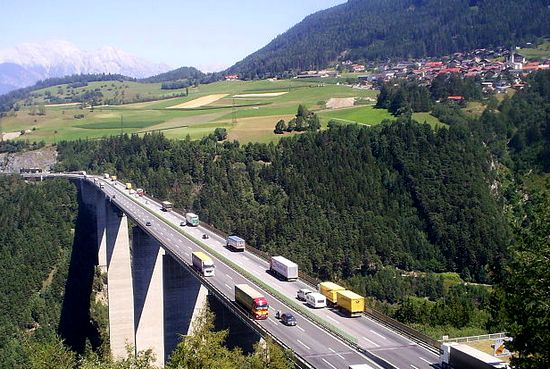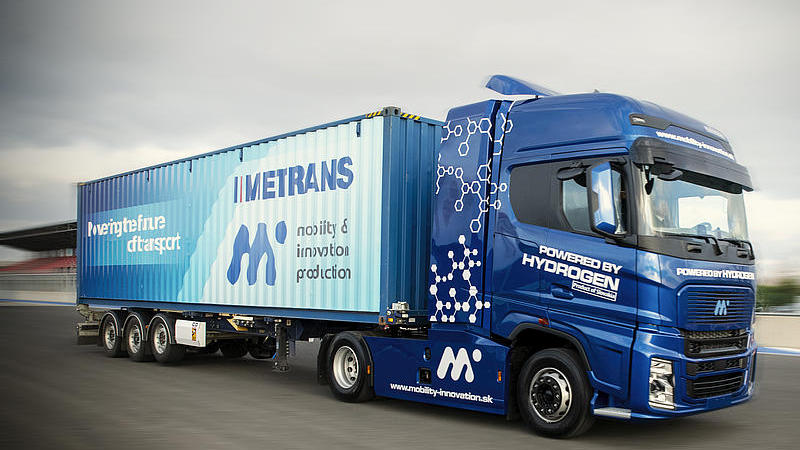The Italian logistics sector recorded a turnover of 115.8 billion euros in 2023, with an expected growth of 0.7% for the current year, according to data from the Contract Logistics Observatory. Despite the uncertain international scenario, the sector has demonstrated resilience but requires a comprehensive strategic vision. This was stated by Carlo De Ruvo, president of Confetra, during the public assembly of the Italian Confederation held on November 19, 2024, in Rome: "It is not a time to celebrate; what we see is the picture of a sector that is holding on and continues to be competitive mainly thanks to the resilience of its enterprises. However, we need comprehensive governance, regulatory and infrastructural, that allows the sector to respond to the many challenges ahead."
Among the main critical issues facing logistics, De Ruvo highlighted the shortage of labor: according to the International Road Transport Union (IRU), over 230,000 drivers are missing in Europe, including 22,000 in Italy alone. However, the problem is not limited to truck drivers but also extends to other roles such as logistics operators, train drivers, and freight forwarders. "In Italy, we have a serious generational turnover problem," De Ruvo emphasized. Geopolitical issues, such as the Israel-Palestine conflict, also have a significant impact, especially on new maritime routes following the closure of the Suez Canal. This has led to increased travel times and reduced reliability of maritime schedules, particularly affecting Italian ports. Air cargo has also been impacted by the conflict, with increased global cargo traffic, but Italy has struggled to fully exploit the potential of its airports.
On the road transport side, De Ruvo continued, the difficulties at the Alpine passes remain an unresolved issue. Maintenance needs and restrictions imposed by Tyrol, especially at the Brenner Pass, cost two billion euros annually and hinder road transport. The rail freight sector is experiencing a "perfect storm," with closures due to National Recovery and Resilience Plan (PNRR) construction sites, natural disasters, and estimated revenue losses of 90 million euros for 2023.
"The lack of comprehensive governance in the logistics sector deeply affects the ability of companies to plan and strategize," De Ruvo explained, highlighting how operators often face burdensome and penalizing regulatory measures. The most urgent issues today concern the ecological transition, administrative simplification, and taxation.
Confetra believes that the transition towards the decarbonization of transport has begun without a realistic study and without an adequate budget to absorb the social and economic costs. "New policies cannot be pursued without knowing their impact on the real economy," De Ruvo noted, citing the example of revising excise duties to contribute to the Green Deal, a measure whose impact on the entire price chain and the country's competitiveness has not been adequately assessed.
The lack of strategic vision also reflects the need for administrative simplification and debureaucratization. De Ruvo explained that the bureaucratic burden represents a competitive disadvantage that often shifts economic activities elsewhere. He also pointed out the need for customs reform, which, instead of simplifying, has complicated the competitiveness of Italian companies.
Regarding taxation, Confetra has long promoted the application of reverse charge to combat VAT evasion, which generated penalties exceeding half a billion euros in the logistics sector in the last year alone: "We tried to involve the tax administration to start, at least on an experimental basis, the application of reverse charge in logistics contracts," De Ruvo clarified.
The president of Confetra concluded his speech by emphasizing the importance of rethinking the governance of the logistics sector in light of significant geopolitical and international changes: "Governance and intervention capacity at the European and national levels must be rethought, but above all, the strategic vision and control must be redefined to act effectively in the face of the challenges that our economy and, above all, our logistics system are called to address."





























































